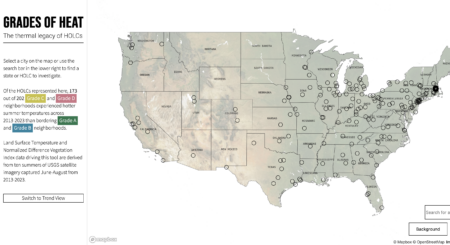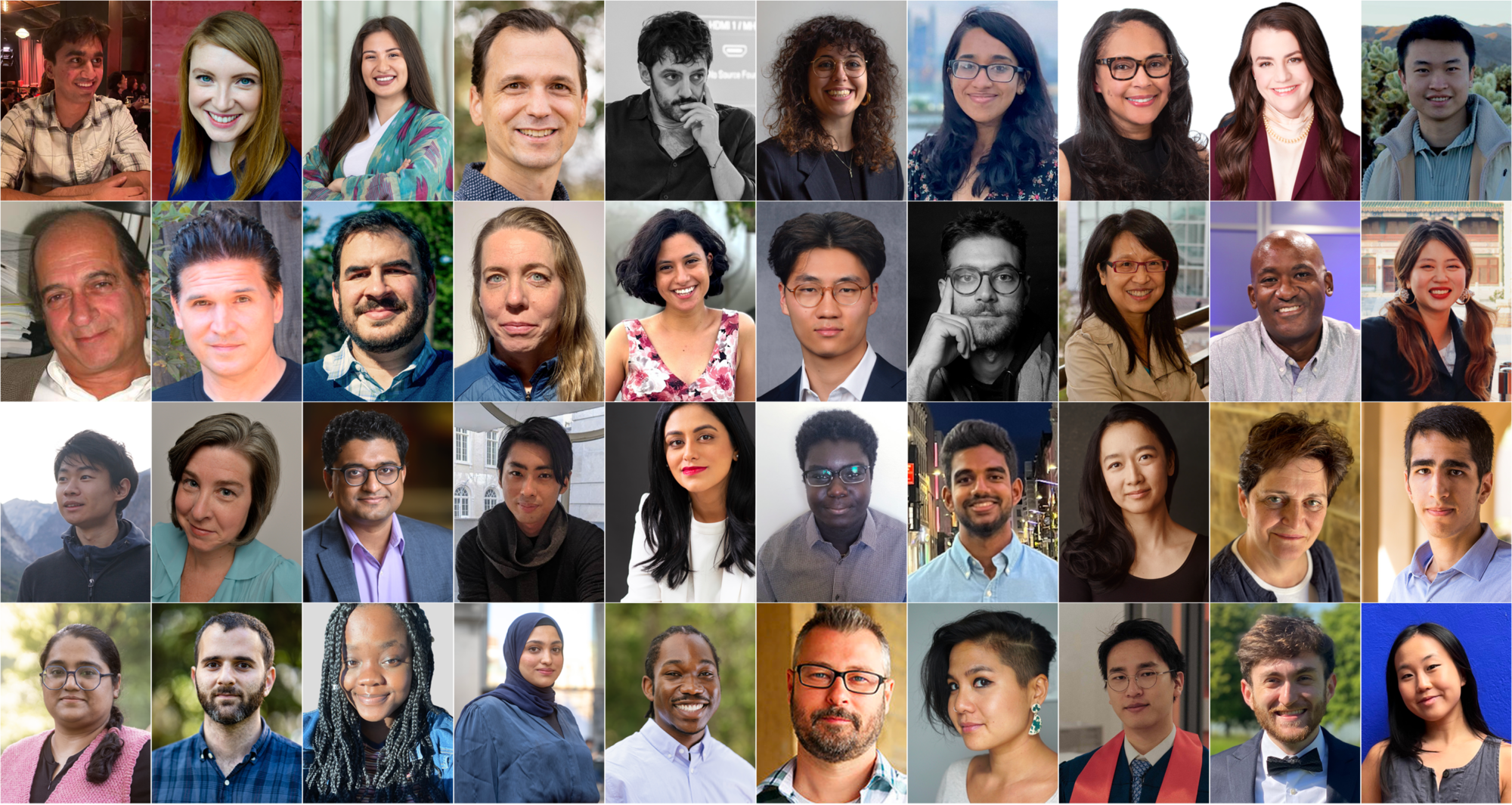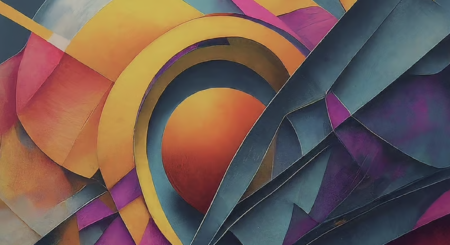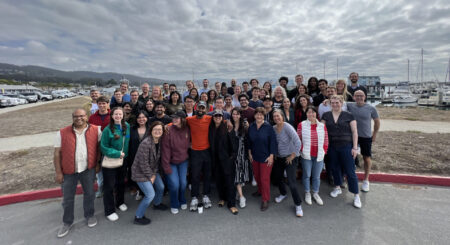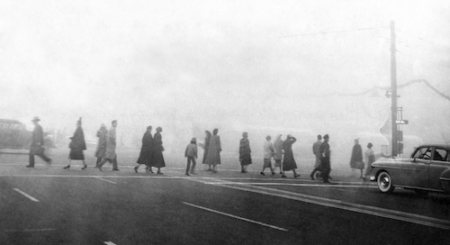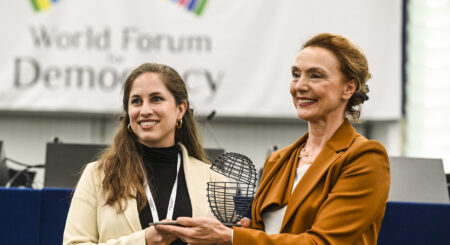We are excited to announce a significant contribution to Climate Central’s groundbreaking report, Urban Heat Hot Spots in 65 Cities. This comprehensive analysis sheds light on how urban heat islands
Authormkrisch
THE BROWN INSTITUTE ANNOUNCES ITS 2024-2025 MAGIC GRANT RECIPIENTS
As a collaboration between Columbia Journalism School and Stanford University’s School of Engineering, the Brown Institute for Media Innovation awards its “Magic Grants” to projects that work between the two
Brown Institute Awarded Collaboratory Grant
The Brown Institute, in partnership with the Vagelos Computational Science Center, is excited to announce a significant new development at Barnard College—a pioneering course entitled “Writing with/on Computing,” slated to
Join us for an Open Source AI Hackathon
Catalyzing New Forms of Journalism and Civic Information Join Hacks/Hackers and the Brown Institute for Media Innovation at Columbia University for a weekend of building with open source AI for
Announcing the 2024-2025 “Magic Grant” Funding Opportunity
The David and Helen Gurley Brown Institute for Media Innovation is proud to announce the 2024-2025 Magic Grant Call for Proposals. Each year, the Brown Institute awards close to $1M
“Reaching for Air” goes live!
The Salt Lake Tribune, in collaboration with KUER, has launched an innovative interactive series titled “Reaching for Air”, accessible at reachingforair.sltrib.com. This three-part series, the work of journalists Saige Miller
Announcing the 2024 Startup Columbia Venture Challenge
The submissions for the 2024 Startup Columbia Venture Challenge are due February 9th! For the past three years, Brown has sponsored a “Media Track” for this competition. It is designed
Defensores de la Democracia wins Council of Europe’s Democracy Innovation Award
We are thrilled to announce that the DDLD Living Archive – Defensores de la Democracia (DDLD), a 2018-2019 Magic Grant, has been awarded the prestigious Council of Europe’s Democracy Innovation
Remembering Marco Antonio Castro Cosío
It is with profound sorrow that we say goodbye to Marco Antonio Castro Cosío, a visionary collaborator and a cherished friend of our research institute. In the realms of art,

